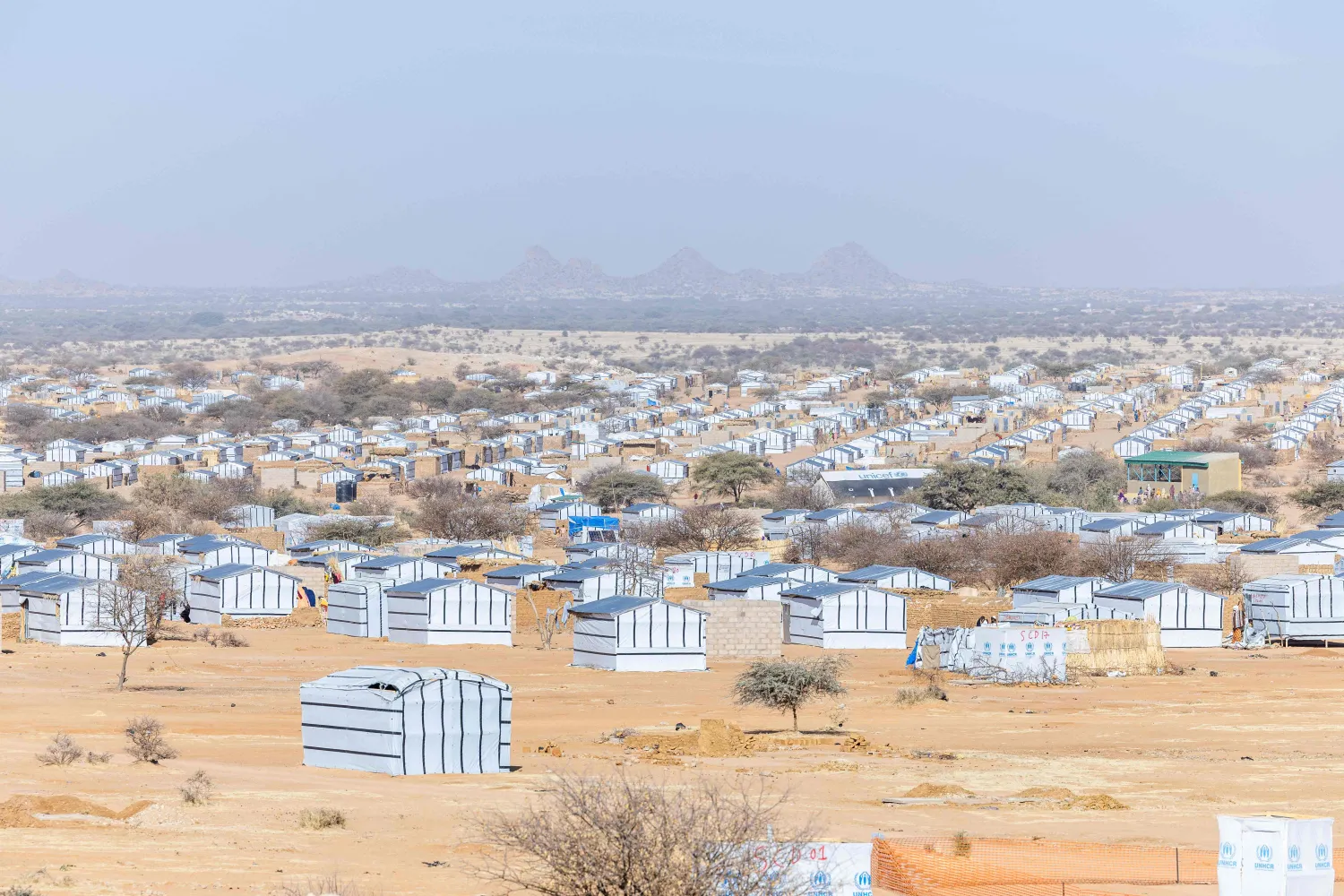The Speaker of the Arab Parliament, Adel bin Abdulrahman Al-Assoumi, stressed that the Kingdom of Saudi Arabia plays a pivotal role in the process of strengthening joint Arab action, in addition to its tireless efforts to enhance security and stability in the region, the Saudi Press Agency said on Friday.
Al-Assoumi’s comments came in a statement after receiving Saudi Arabia's Permanent Representative to the Arab League, Ambassador Abdulaziz bin Abdullah Al-Matar, on Thursday in Cairo.
The Speaker of the Arab Parliament praised the noble positions of the Custodian of the Two Holy Mosques, King Salman bin Abdulaziz Al Saud, towards Arab issues, especially the Palestinian cause, and the appreciated efforts he is making to stop the brutal Israeli aggression on the Gaza Strip.
Al-Assoumi expressed his happiness at meeting Prince Mohammed bin Salman bin Abdulaziz Al Saud, Crown Prince and Prime Minister of Saudi Arabia, and presenting him with the Leader's Medal, the highest medal granted by the Arab Parliament to Arab leaders.
The medal is presented in appreciation and gratitude from the Arab people for their pioneering positions in defending Arab issues and strengthening joint Arab action.
Arab Parliament Speaker: Saudi Arabia Plays a Pivotal Role in Strengthening Joint Arab Action

Speaker of the Arab Parliament Adel bin Abdulrahman Al-Assoumi stressed that Saudi Arabia plays a pivotal role in the process of strengthening joint Arab action. (SPA)

Arab Parliament Speaker: Saudi Arabia Plays a Pivotal Role in Strengthening Joint Arab Action

Speaker of the Arab Parliament Adel bin Abdulrahman Al-Assoumi stressed that Saudi Arabia plays a pivotal role in the process of strengthening joint Arab action. (SPA)
لم تشترك بعد
انشئ حساباً خاصاً بك لتحصل على أخبار مخصصة لك ولتتمتع بخاصية حفظ المقالات وتتلقى نشراتنا البريدية المتنوعة







